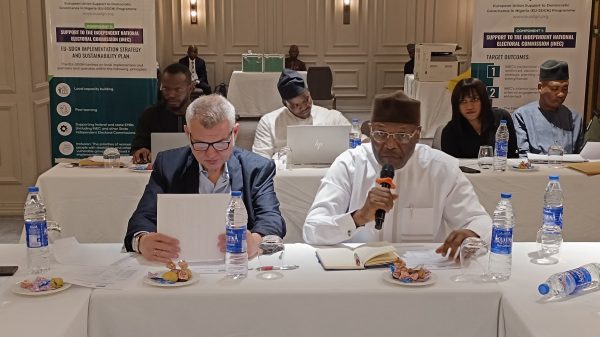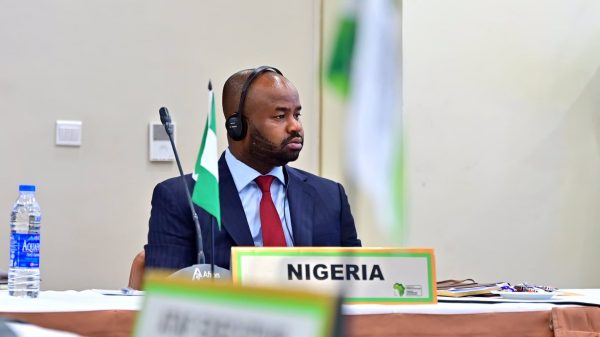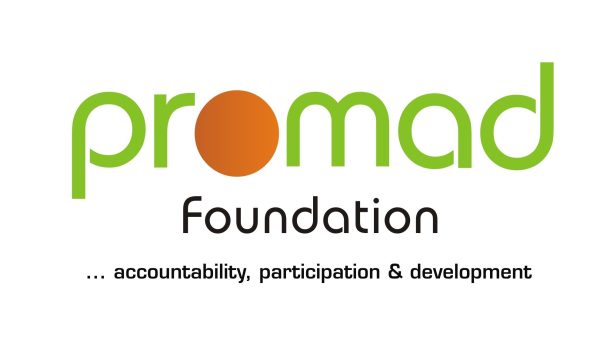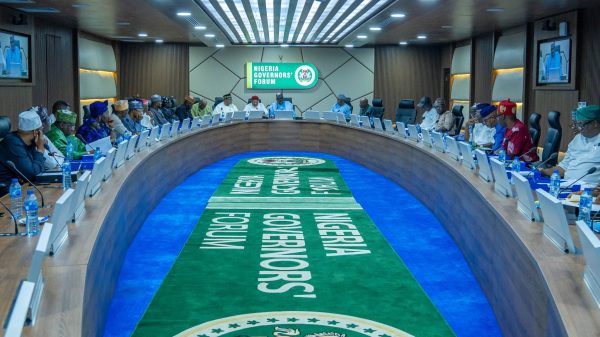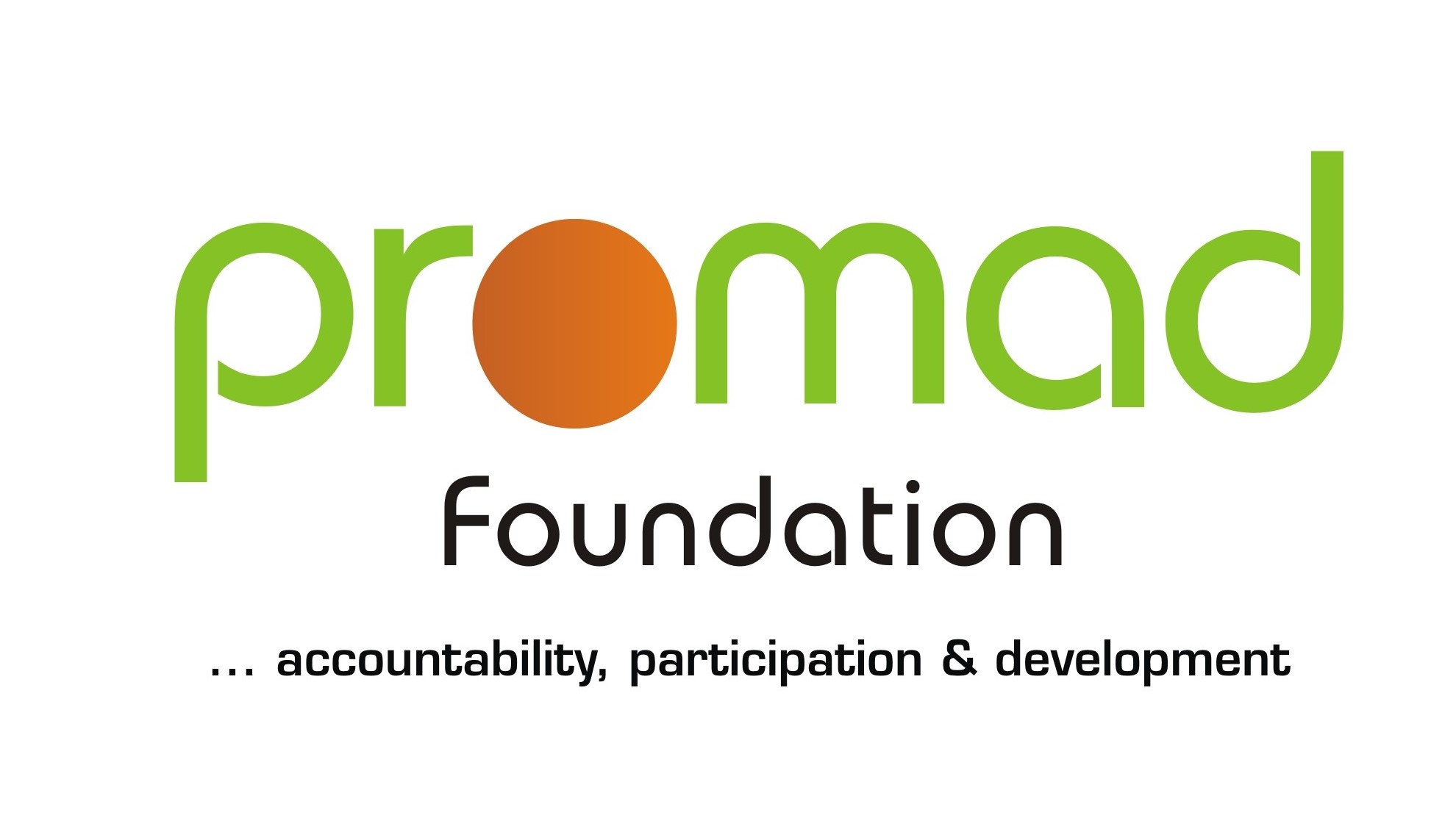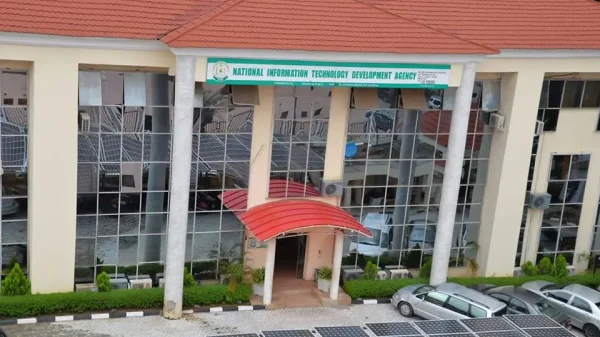Abuja, Nigeria
PROMAD, a civic tech organisation promoting participatory democracy and social accountability, welcomes the landmark judgment of the Supreme Court of Nigeria which barred State Governors from holding local government funds and allocations in the country.
On Thursday, 11th July 2024, the apex court in a ruling delivered by Justice Emmanuel Agim who led a seven-member panel of justices, held that the practice of the State Government receiving local government on its behalf was unconstitutional and directed the Federal Account Allocation Committee (FAAC) to transfer local government funds directly to them.
According to the apex court, state governors are prohibited from receiving, tampering with, or withholding funds for local governments. Additionally, the court has ruled that governors cannot dissolve democratically elected local government officials, deeming such actions a breach of the Constitution of the Federal Republic of Nigeria 1999 (as amended).
Speaking on the development, the Founder and Executive Director of PROMAD, Daisi Omokungbe said the ruling marks a significant victory for grassroots governance and development in Nigeria.
“We welcome this landmark judgement on local government administration in Nigeria. This will end the practice of illegally reducing the local government to a mere appendage of governors in the country,” he said in a statement issued by the organisation on Thursday.
“The Supreme Court’s decision on local government allocations will ensure that the funds meant for the third tiers of government will no longer be routed through state government accounts and hence empowers the local government executives to meet the needs of the grassroots people.”
The organisation said it hails the Federal Government and the Minister of Justice and Attorney-General of the Federation, Mr Lateef Fagbemi (SAN) for the steps taken to resolve the long-standing accountability issues in local government administration in Nigeria.
“By granting financial autonomy to local councils, the organisation said the ruling will now enable them to directly access and manage funds necessary for implementing policies and decisions that promote grassroots development.”
Omokungbe further stressed that local governments will now have the financial independence to address the unique needs and priorities of their communities more effectively, fostering a more responsive and participatory governance system, adding that citizens should brace up to hold local government officials accountable.
He said the new development is in tandem with the work of PROMAD at bridging the gap between citizens and government through evidence-based strategies and civic technology, with a strong emphasis on accountability, participation and development.
“PROMAD has consistently advocated for increased civic participation and accountability in governance through initiatives such as TheCivicMatters, Election Analytics, FollowTheProjects, and the Grassroots Advocacy Project (GRAP), focusing on needs assessment for budgeting in the grassroots communities.
“This judgment further empowers our efforts to amplify grassroots voices, ensuring that communities can participate fully in budgeting and decision-making processes. We commend the Supreme Court for this progressive ruling and the Federal Government for championing the cause of local government autonomy,” he said.






